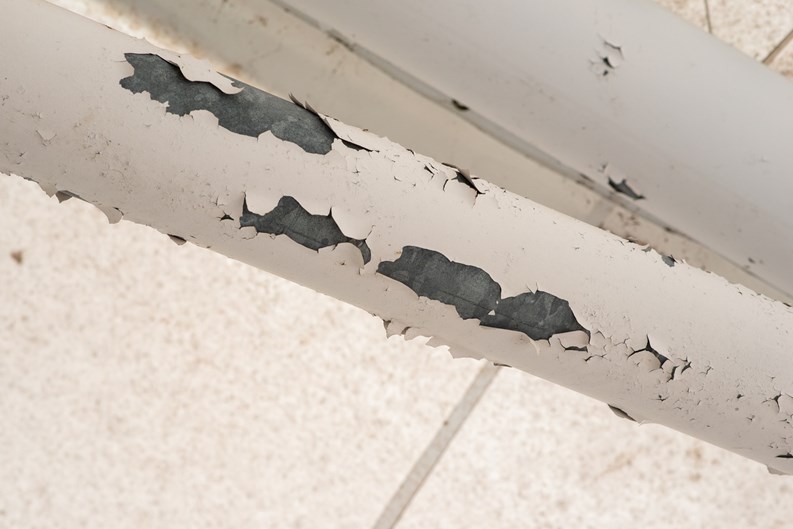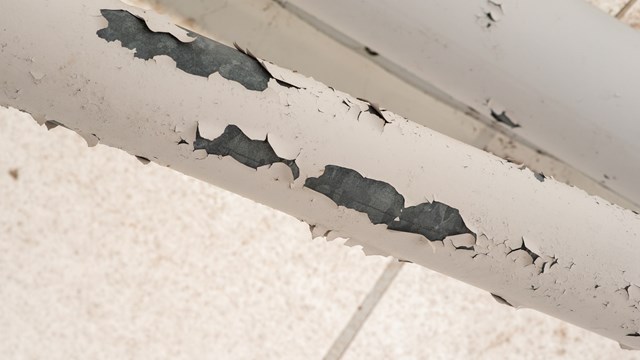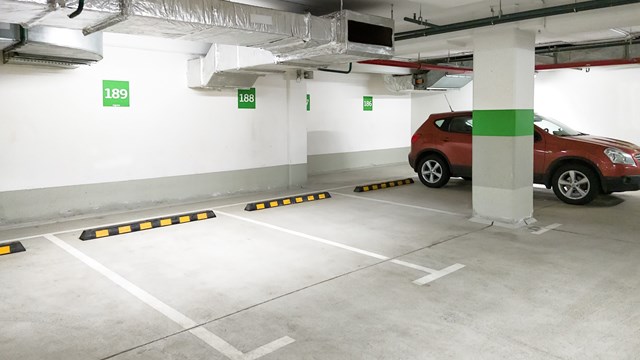Lead paint has remained a critical health hazard in New York City for decades, especially among young children. To combat this, the City has implemented rigorous lead testing and remediation abatement laws, imposing significant penalties for non-compliance. For owners of multifamily properties, it is imperative to understand these regulations and take the necessary actions to comply. This article provides an overview of the essential steps and deadlines to help property owners meet their obligations and ensure their tenants’ safety.
Understanding the Risks & Responsibilities
Lead paint can cause severe health problems, particularly in children under six, including developmental delays and neurological damage. According to the Centers for Disease Control and Prevention (CDC), approximately 535,000 U.S. children aged 1-5 years have blood lead levels high enough to damage their health. Given these risks, property owners and building managers must test and address the lead paint hazards on their properties, as outlined in the City’s stringent laws. Compliance is not only a legal obligation but a moral imperative; you must protect your tenants' health.
Key Actions for Building Owners & Managers
Make immediate inspections for properties with young children. Under Local Law 31, any dwelling where a child under the age of six resides must be inspected for lead paint within one year of that occurring. Additionally, units in pre-1960 buildings that accommodate children for more than 10 hours weekly need testing regardless of residency. Prompt inspections are crucial to identify and mitigate risks early. According to American Family Physician, 70% of all children with elevated blood lead levels live in housing built before 1950, highlighting the importance of early testing in older buildings.
Review comprehensive lead testing requirements. By August 9, 2025, all buildings constructed before 1960 must undergo x-ray fluorescence (XRF) testing to detect lead paint in both residential units and common areas. This testing must be conducted by an EPA-certified lead inspector to ensure accuracy and compliance with the law.
Starting in August 2025, property owners must maintain records of any lead hazard violations, and provide these records to the Department of Housing Preservation and Development (HPD) upon request. It is also important to note that the definition of lead-based paint has been updated to 0.5 mg/cm², down from the previous 1.0 mg/cm², effective December 1, 2021. Property owners are encouraged to apply for exemptions for areas that test negative for lead, or have had lead-based paint abated. This can reduce future compliance burdens and demonstrate proactive management.
Check lead paint abatement requirements. For units that may contain lead paint and house children under six, property owners must abate door and window friction surfaces and remediate all identified lead paint hazards by July 2027. This includes ensuring that all floors are smooth and cleanable to prevent lead dust accumulation. Research has shown that children living in homes with lead-based paint are six times more likely to have elevated blood lead levels than those in homes without such paint.
Post-January 1, 2025, any units newly occupied by children under the age of six must meet abatement and remediation requirements within three years of move-in. This ongoing responsibility ensures that new tenants are protected from lead exposure.
Pay attention to tenant communication and annual notices requirements. Each year between January 1 and 16, property owners must provide residents with annual notifications about lead paint hazards in both English and Spanish. If tenants do not respond by February 15, owners must conduct follow-up investigations between February 16 and March 1 to confirm the necessary information. During leasing or lease renewal, property owners must inquire about the presence of children under the age of six, certify that all required lead-related work has been completed, and provide tenants with appropriate notices regarding lead-based paint hazards.
Know about compliance and penalties. Along with the risks to residents' health, failure to comply with these regulations can result in substantial fines and legal repercussions. Maintaining comprehensive records of all compliance activities is crucial. Property owners and managers should utilize available resources, including sample forms for annual notices and compliance investigations, to streamline their processes and ensure adherence to the law.
Navigating New York City's lead testing laws is critical for property owners and building managers to protect tenant health and avoid penalties. By understanding the regulations, conducting necessary inspections and abatement, and maintaining clear communication with tenants, property owners can create safer living environments. Proactive compliance not only safeguards tenants but also enhances the value and reputation of the property.
Robert Weitz is Principal of RTK Environmental. For more information about local lead laws or to schedule lead testing, call 800-392-6468 or visit www.rtkenvironmental.










Leave a Comment